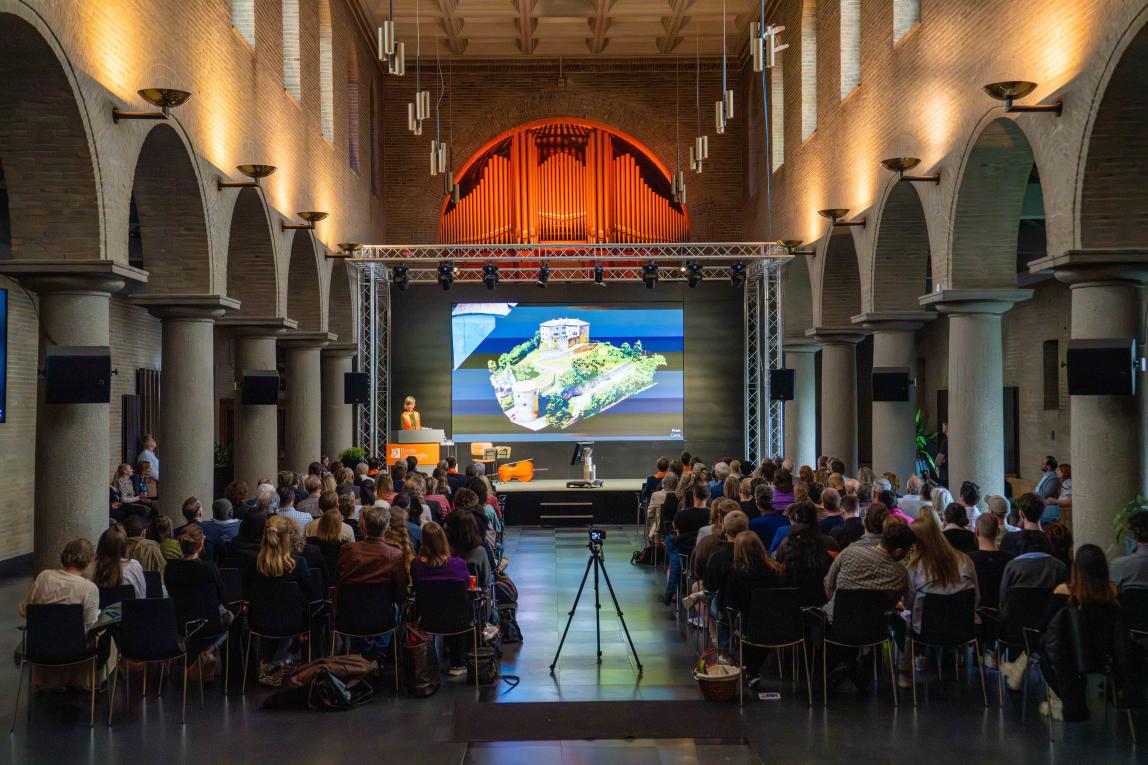
The role of digital transformation in cultural tourism
11/11/2025 - 14:58
Embracing Digital Transformation in Cultural Tourism shapes our identity, unites communities, and carries the weight of history. It is both a reflection of our past and a foundation for our future. The professorship in Digital Transformation in Cultural Tourism at BUas stands at the crossroads of cultural heritage and digital innovation, aiming to make history tangible, relevant, and engaging in the modern world.